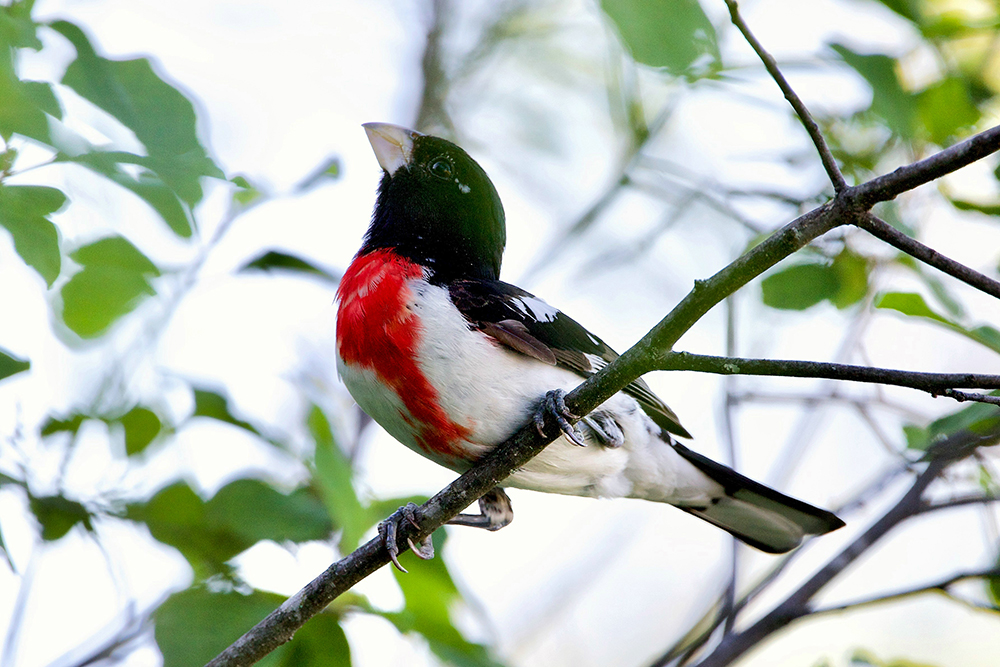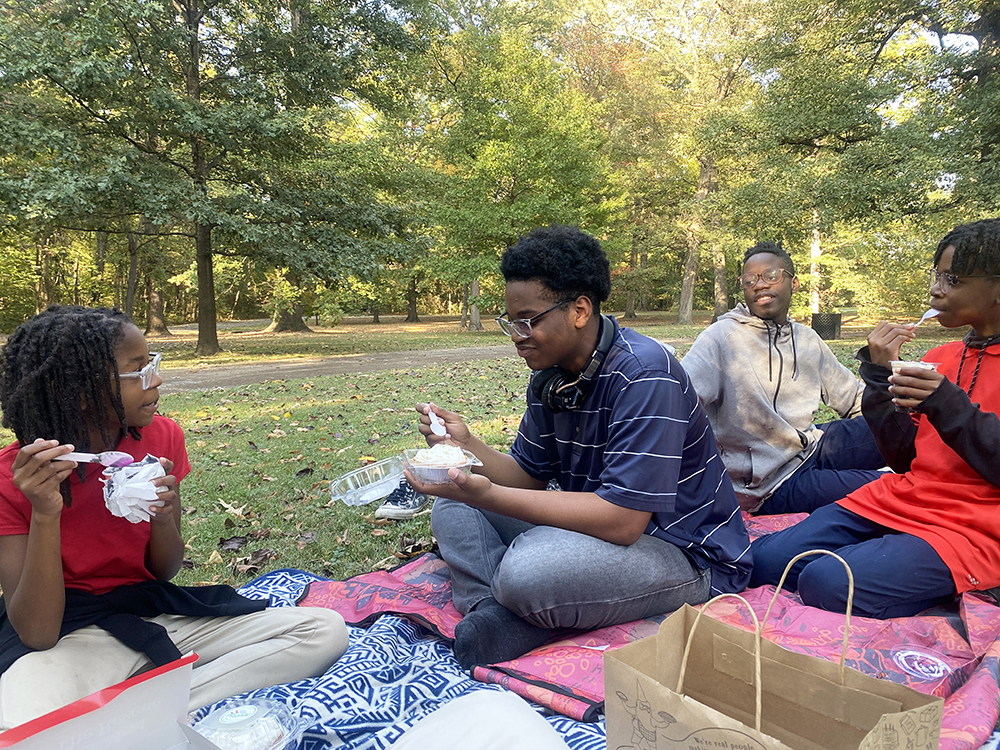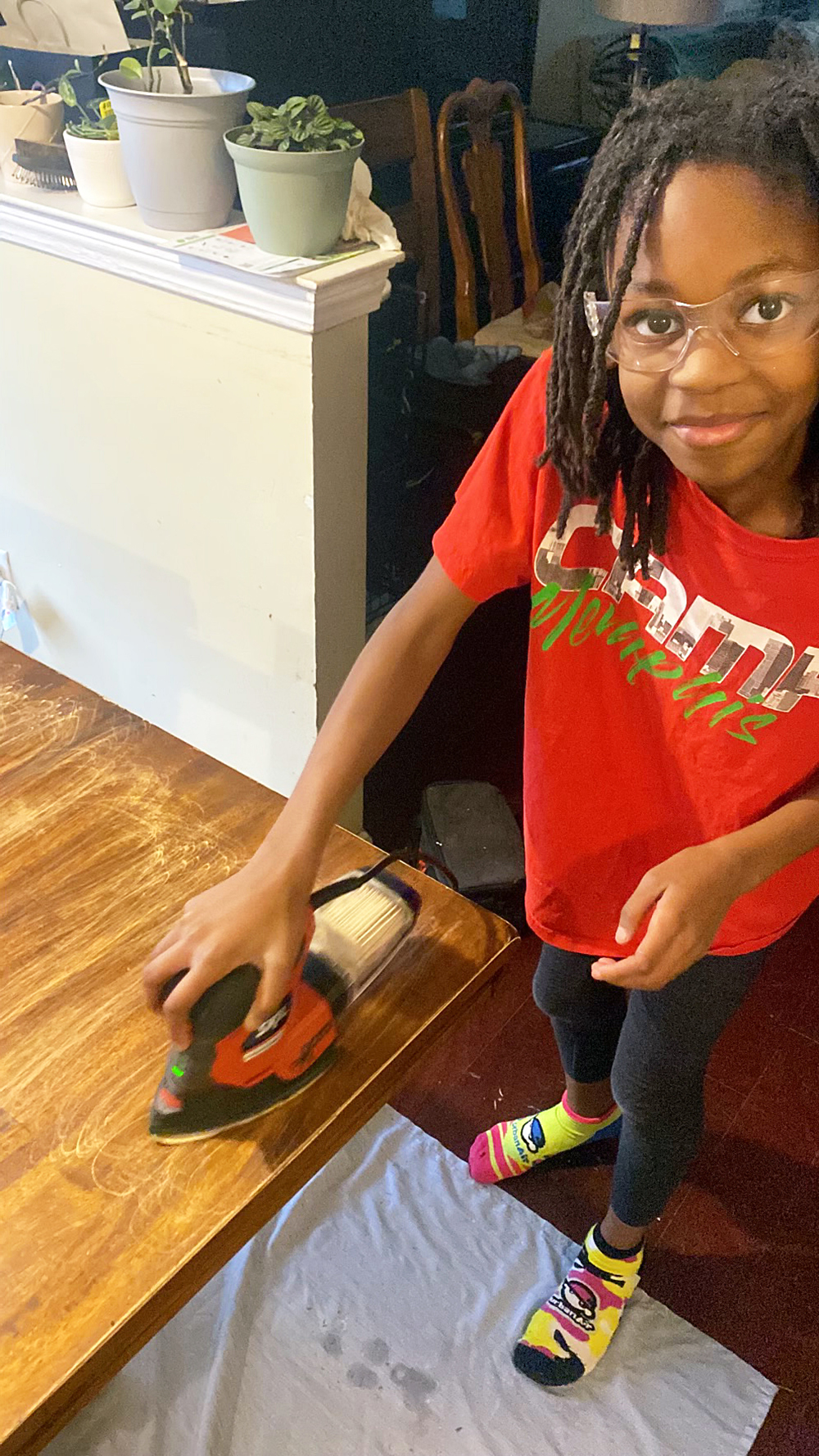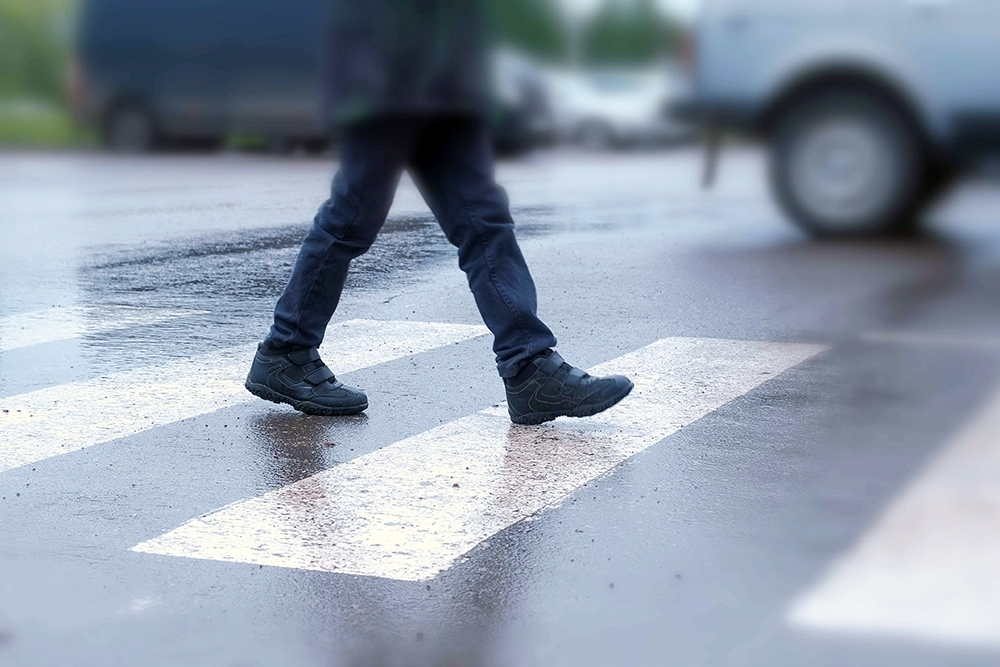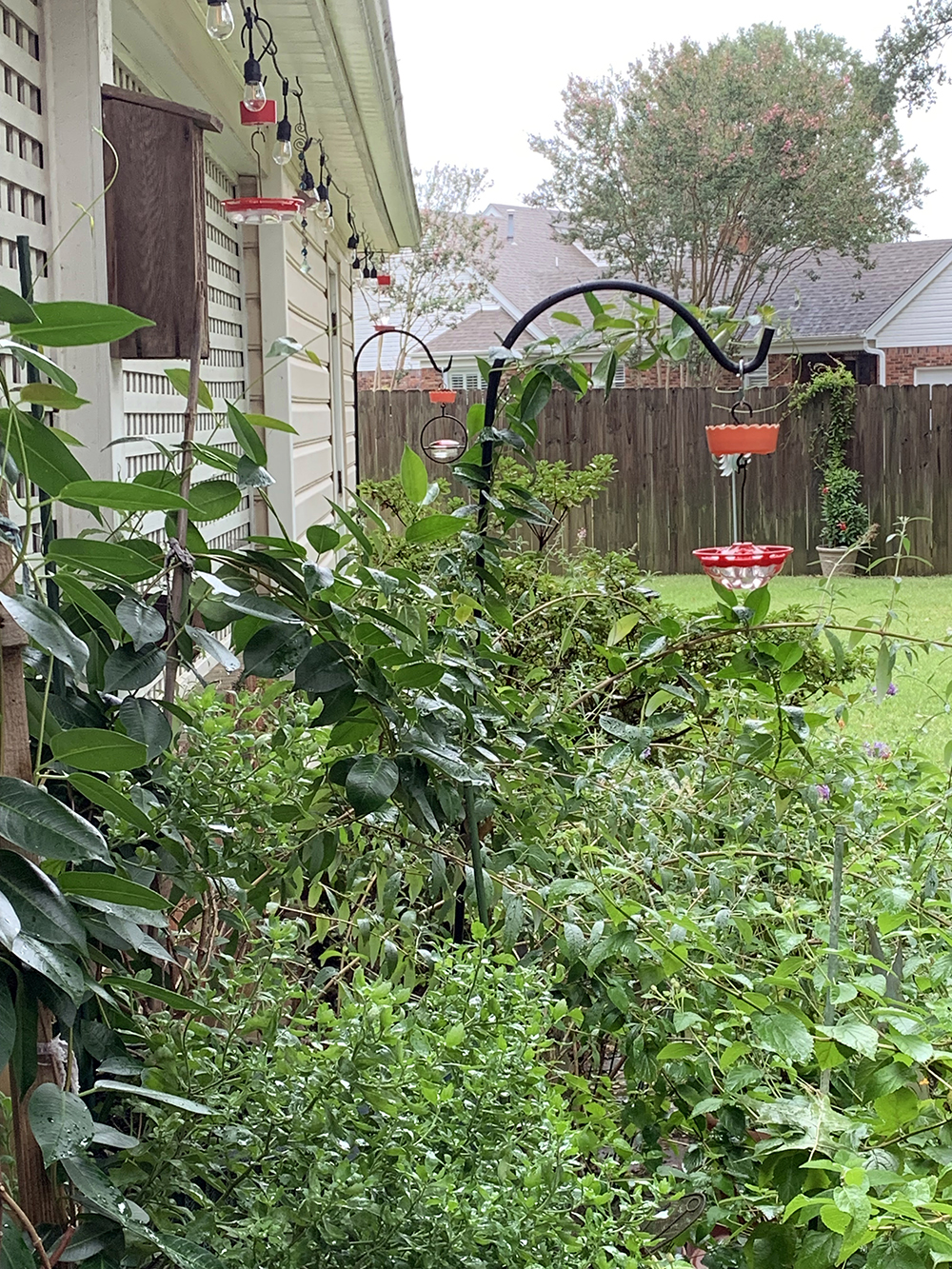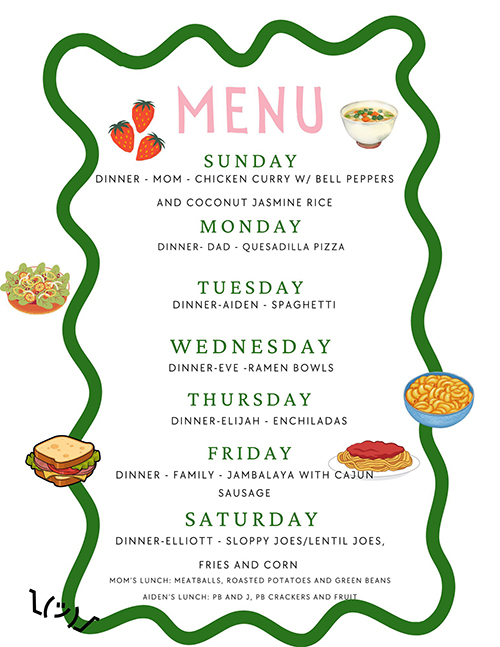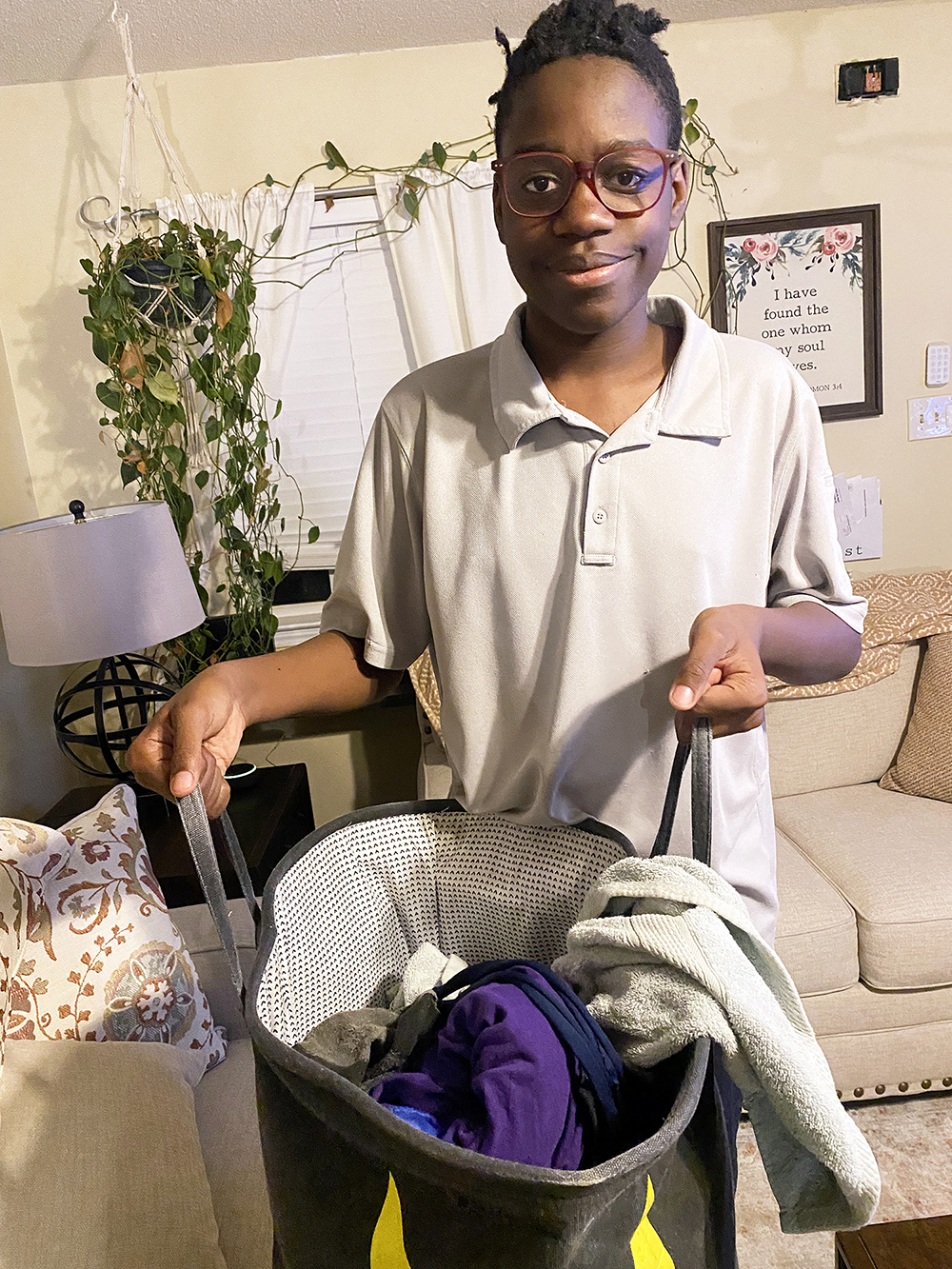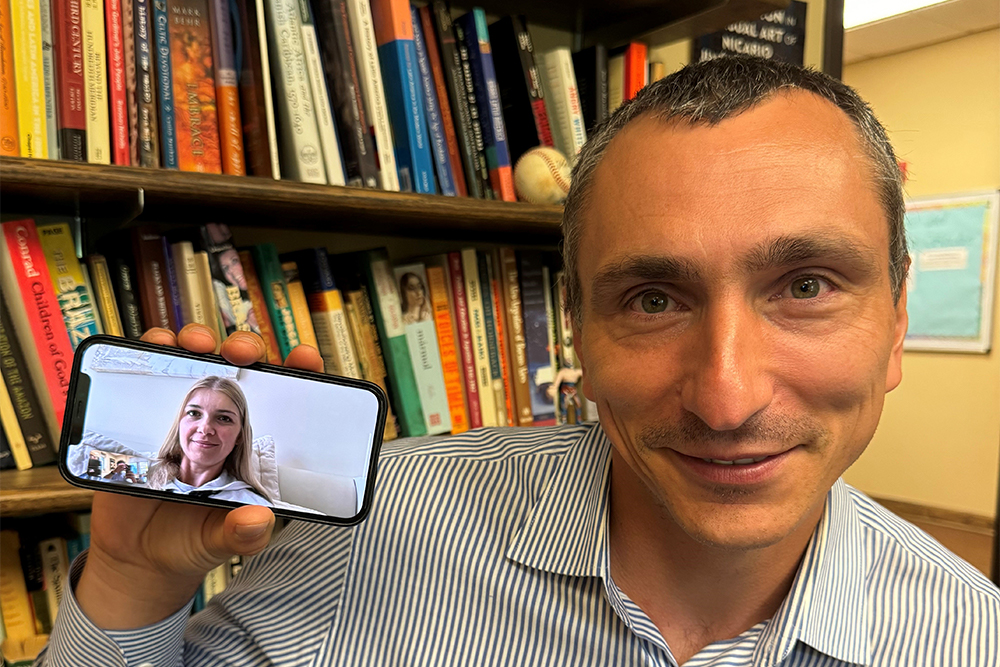Dear friend, I am writing to you from my native city and home, Memphis, Tennessee. It is an easy Sunday morning complete with blue skies and sunshine. The temperature is a balmy 70 degrees. Will it remain easy? Not sure. As I write, the U.S. presidential election is two days away. To stay hopeful in this season of rampant misinformation and uncivilized politics, my steady focus is on “thanks-giving.” Despite the rising cost of food and the outcome of the election, I trust that Americans who believe in democracy will still rise up this November to prepare joyful fellowships of feasting for family, friends, and the unhoused. No matter who wins on November 5th, I am believing that no one will steal or kill our spirt of gratitude for what remains good, generous, and kind. Remember the marching activists during the American Civil Rights Movement? They sang, “Ain’t gonna let nobody turn me around!” This must be our battle cry. In our homes and on the job, we must vow to be active expressions of gratefulness, even if we stand alone doing so.
When I was a small child, I saw the power of gratitude modeled in the life of my godmother, Lucile Brazil Thompson, a valued employee at the local Buckman Laboratories. Whenever I gave Mama ’Cile a gift, she would mail a thank you note that was stamped and addressed to me. It was exciting to receive her travel postcards and thank-you notes because mail in my name made me feel grown and her words of gratitude made me feel appreciated. I loved to share gifts with Mama ’Cile because ultimately, I received the gift of a thank you note.
Before I could spell well or write cursive letters, my mother Earline Duncan made me compose handwritten thank you cards when I received personal gifts. As a small child, I enjoyed receiving the cards, but I did not enjoy writing them. I would cry loudly, “Mama! I wanna use the telephone.”
A quick call on one of those big black rotary phones did not suit my godmother’s standard of decorum and a phone call was not Earline Duncan’s favorite expression of gratitude, either. My mother would scold me and say, “When somebody takes precious time to buy you a gift, you should take precious time to write them a note.” I would grumble and push through the task, making sure to write complete sentences in my large block letters.
Composing personalized thank-you notes with gel pens and USPS Black Heritage Stamps is now a lifelong habit for me. No gift exchange is complete on my part until I have formally expressed my gratitude with a card and postage stamp. She is dead now but to my mother’s point, when a person spends money or time to offer me a kindness, I think it is good manners to reciprocate the sacrifice and serve them joy with a written acknowledgement that is more engaging and lasting than a quick text, phone call, or silence.
In the tradition of Mama ’Cile and Earline Duncan, I encourage people to purchase greeting cards and postage before they need them. Keep a stash of stationery and stamps on deck especially during the winter holidays when there is a constant surge of giving and receiving gifts. In this way, you will be poised to make your thankful expressions promptly. The challenge to stop your routine and go buy stamps or cards will not exist.
This idea of gratitude brings me back to the election. By the time you receive this missive from me, America will have a new president. And most likely, you will be planning your Thanksgiving gathering or attending one. Despite the election outcome, think about the good in life that remains and allow thoughts of gratitude to fill your heart with hope.
Gratitude, like love, requires action. Therefore, make expressions of “thanks-giving” a constant part of your days. Refuse silence, discouragement, and giving-up. Acknowledge your blessings in thoughts, words, and deeds. Gratitude elevates the mood. It is a winning attitude. Say thank you.
Alice Faye Duncan writes for children. She is the author of fourteen books including I Gotta Sing and Yellow Dog Blues. She will sign books Saturday, November 30th, at the Butterific Bakery & Café. Her website alicefayeduncan.com.


